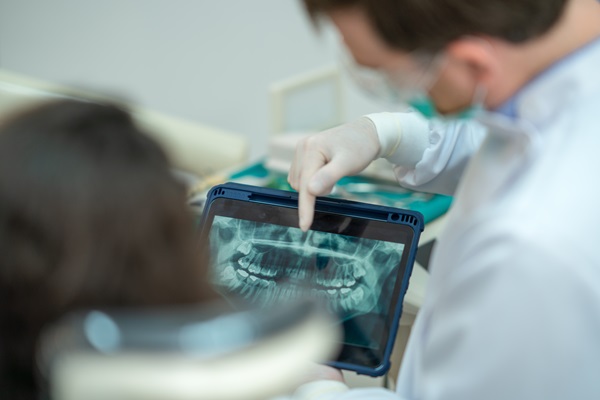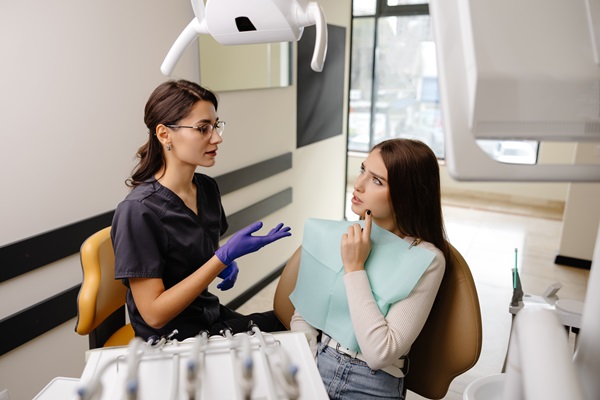Root Canal Aftercare: Tips for a Smooth Recovery

Finding out that you need a root canal can be nerve-racking. Caring for the treated tooth can be even more stressful. Knowing what to do after the treatment can help you prepare well for it. Here are some tips for a smooth and quick recovery after your root canal.
Refrain from eating right after the procedure
The patient must wait to eat as soon as the procedure is over. The anesthesia will still be in effect for hours after the procedure. Eating and drinking will be okay when the numbness fades. The patient should not chew on the treated tooth until the tenderness diminishes.
Apply a cold compress
Place a cold compress on the side of the treated tooth after the root canal. Research shows that cold therapy reduces swelling and pain. Wrap the ice pack in a towel and place it on the cheek for about 10 to 15 minutes. Repeat this treatment many times a day.
Follow instructions when taking medications
The dentist will prescribe antibiotics and pain relievers after the root canal. Follow the strict directions when taking them. These medications will reduce the swelling and pain. They will also prevent the onset of infection.
Take some time off to rest
Healing is important after every surgery. A root canal is an invasive procedure. Take a day or two of complete rest. Doing so will allow the body to pour resources into healing the mouth well.
Gargle with warm salt solution
A warm salt solution can help keep the mouth bacteria- and debris-free. It can also keep the gums healthy as the tooth heals after the root canal. Mix half a teaspoon of salt in a cup of warm water. Remember to be gentle when gargling.
Avoid consuming tobacco and alcoholic drinks
Studies reveal that tobacco and alcoholic drinks impair proper blood oxygenation and circulation. These substances can prevent the root canal-treated tooth from healing right away. They can even increase one’s risk of infection. It is ideal to quit consuming these products if the patient will undergo any oral surgery.
Maintain a soft diet
Eat soft foods for the first three days after the root canal. These foods will prevent the patient from damaging or putting pressure on the treated tooth. It is ideal to stock up on these foods before the procedure. Soups, scrambled eggs, and mashed potatoes are common examples of soft foods.
Wear a nightguard
Some people grind their teeth at night or during stressful times. This habit can harm the root canal-treated tooth. The dentist can provide a custom-fit nightguard. Wearing this dental device at night can protect the said tooth from damage.
Keep the follow-up appointments
It is important to see the dentist at the recommended times after the root canal. The visits will enable the dentist to keep an eye on the tooth’s healing. These checkups also ensure that the tooth receives proper treatment. The dentist will be able to address any problem that may arise during recovery.
Proper root canal aftercare is important to have a painless smile
Every general dentist aims to keep the tooth intact. A root canal is one way to achieve this goal. It may be invasive, but it relieves pain and keeps the tooth intact. Working with your provider can help you recover well and enjoy your smile for years.
Request an appointment here: https://www.smilesbycanada.com or call Smiles by Dr. Canada at (281) 826-5180 for an appointment in our Houston office.
Check out what others are saying about our dental services on Yelp: Root Canal in Houston, TX.
Recent Posts
Getting a root canal is a frightening event for some people. Of all the work dentists can do for you and your oral health, this one is among the procedures that cause the most anxiety. If you have fears about this procedure, it is helpful to learn more about it and what happens. As you…
It is hard to know whether you need a root canal procedure on your own, especially in the early stages of the problem. You may not notice any physical symptoms until the problem reaches its advanced stage, which is the reason regular dental checkups are important. However, if you do not visit a dentist to…
Preventative dental care is important for all patients, but those who live with a chronic health condition should consider regular dental visits even more often. Although many have heard this before, it is helpful to understand exactly why this is the case and what might take place during a visit for preventive dental care.Oral health…
It is important to treat a dental emergency as soon as possible to prevent any concern from worsening. This review discusses the different types of dental emergencies and how you can properly treat them.A dental emergency does not improve on its own. Fortunately, emergency dentists are able to treat oral health and dental trauma concerns…


